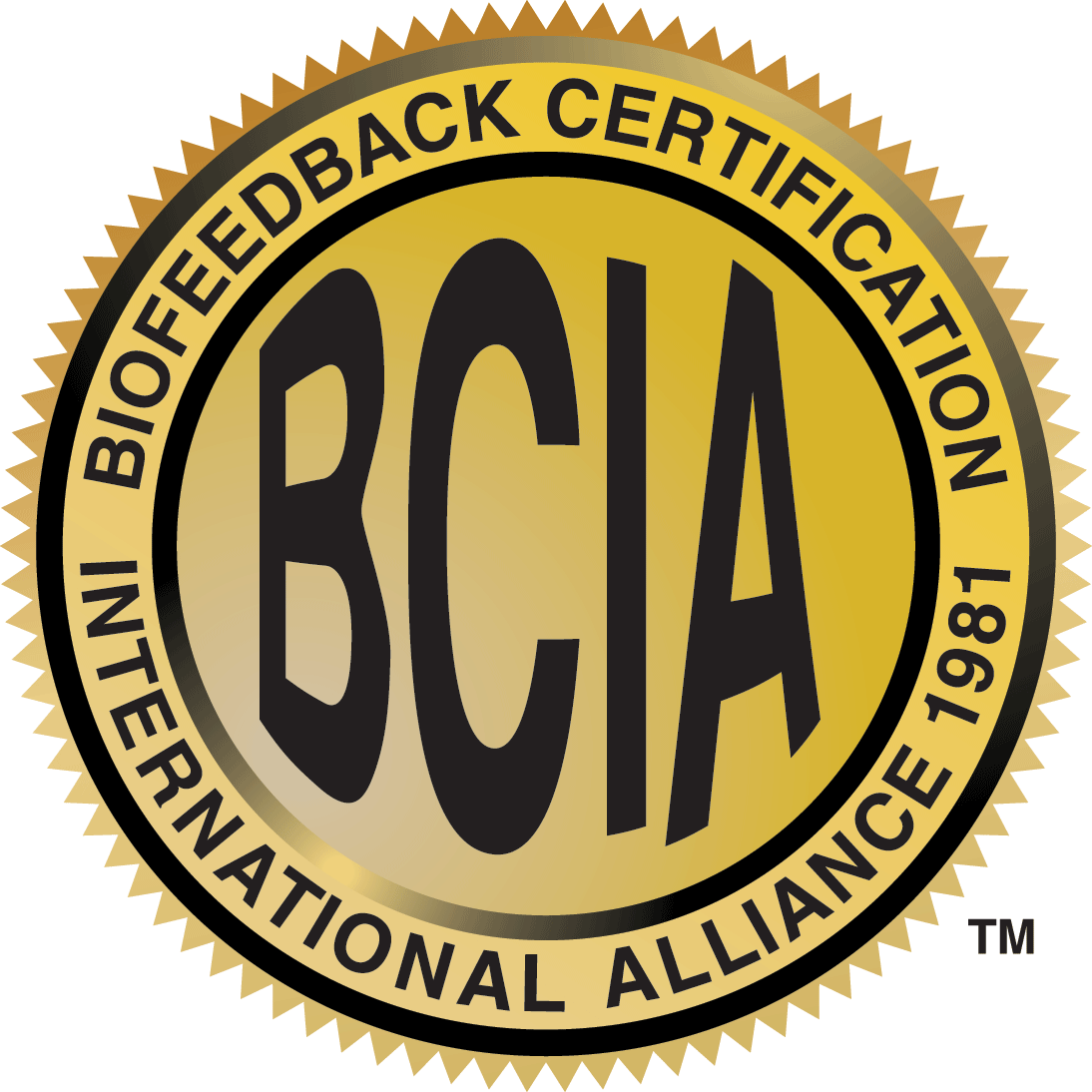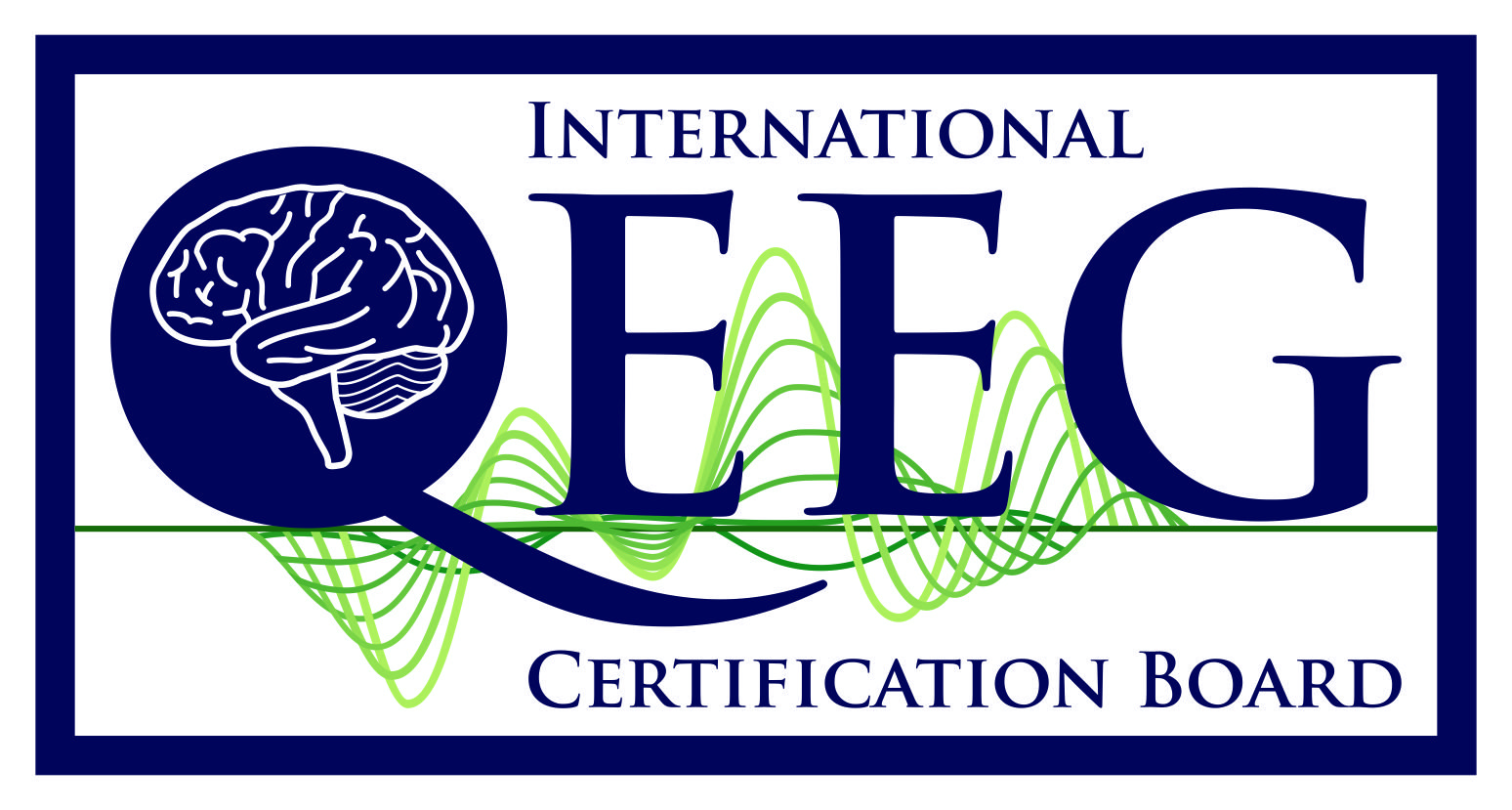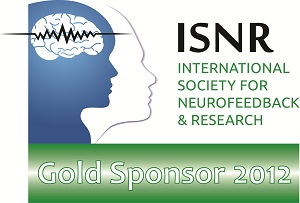StressTherapy Solutions presents
BCIA Didactic Course – Neurofeedback Bootcamp for Beginners
April 10, 11, 17, & 18, 2026
8:30 AM – 7:15 PM Eastern Daylight Time
Virtual Workshop


Steve Warner Thomas Collura
PhD, BCN QEEG-D Ph.D, QEEG-D, BCN, LPCC-S
Total CEs: 36 Hours Whether you’re looking to become familiar with neurofeedback or expand your existing knowledge, this course serves as a guide to navigating basic steps that will improve and enhance your practice. This program not only explores the use of neurofeedback software and equipment, but also brings to light current research and treatment techniques that have ensured positive changes in clients and benefited clinicians worldwide. It is also the only course that introduces database guidance and live Z-score training! Practitioners seeking BCIA certification can also earn up to 36 credit hours if they attend the full course! This workshop also offers an extra day of optional hands-on training that provides familiarity and experience! This practicum will be held at the end, and can be purchased for an additional fee. Equipment is not required for attendance, as guests may pair up for practice. ($195 for workshop attendees, $250 for non-attendees).
Who is this workshop for?
- This post-doctoral level course is for Psychologists, Psychiatrists, Social Workers, MFTs, Counselors, Substance Abuse Counselors, Nurses, Dentists, Chiropractors, and technicians under licensed supervision, and other health care professionals accepted by BCIA
- Certain workshops may require prerequisite training/licensure. Call STS for further information.
- Medical doctors are welcome to attend all STS workshops. CME’s are not guaranteed.
- Chiropractors, Technicians under licensed supervision, and other health care professionals accepted by BCIA
Certification
This workshop is counts towards certification or recertification!
Recertification is required every 4 years.
BCIA Blueprint Areas
- Orientation to Neurofeedback – 4 hours
- Basic Neurophysiology and Neuroanatomy – 4 hours
- Instrumentation and Electronics – 4 hours
- Research Evidence Base for Neurofeedback – 2 hours
- Psychopharmacological Considerations – 2 hours
- Developing Treatment Protocols – 6 hours
- Treatment Implementation – 6 hours
- Ethical and Professional Conduct – 2 hours
- Current Trends in Neurofeedback – 2 hours
- Patient Client Assessment – 4 hours
Educational Objectives
- Identify whether a client is suitable for neurofeedback.
- Describe the fundamentals of neurofeedback training.
- Explain how to use a relaxation protocol using neurofeedback specific to the client’s presentation.
- Describe how to run a neurofeedback session with a client.
- Identify how to make necessary adjustments to a neurofeedback protocol that maximize positive outcomes based on the client’s presenting symptoms.
- Contrast the conditions appropriate for neurofeedback training (i.e., anxiety, stress reduction, attentional difficulties) and when it is not appropriate (i.e., practitioner is unfamiliar with the diagnosis, client is unable to engage in training due to moderate to severe emotional distress).
- Explain how to construct an ongoing care plan using neurofeedback tailored to the client’s needs.
- Describe various neurofeedback recording devices.
- Summarize the various approaches utilized in conducting neurofeedback.
- Differentiate the levels of scientific research.
- Specify the proper ethics as a neurofeedback provider.
- Identify the proper level of research power in studies.
- Define the various functions of cortical structures.
- Describe examples of the various contemporary methods of neurofeedback and stimulative interventions.
- Define the concept of neuroplasticity.
- Explain the 10-20 International Standard measurement for 19-channel EEG recording.
- Evaluate the various sources of non-cortical artifact.
- Analyze various methods of EEG assessment.
- Apply the steps in conducting a qEEG analysis.
- Describe the various frequency bands and qEEG components (i.e., coherence).
- Define the Peniston Protocol and its various utilization in Neurofeedback.
- Describe the various similarities and differences in traditional neurofeedback and Z-score and sLoreta neurofeedback.
- Differentiate relevant issues pertaining to scope of practice: Instructors include statements that describe the accuracy and utility of the materials presented, the empirical basis of such statements, the limitations of the content being taught, and severe and most common risks.
- Identify pertinent client rights and standards of care.
Purchase Options:
Full Workshop – 4 Days $1245 USD Cancellation Policy: StressTherapy Solutions reserves the right to cancel any STS Event without notice. Although cancellation is extremely unlikely, workshops will be rescheduled as necessary due to instructor illness, flight cancellations, or for any reason beyond our control. StressTherapy Solutions will not be held responsible for restricted or non-refundable air fares. For questions or concerns, please call StressTherapy Solutions at (800)447-8052 or (216)766-5707 Email us at info@stresstherapysolutions.com or stsinc@StressTherapySolutions.com
Reserve Your Spot Now!
Day 1 – Friday, April 10th
8:30am – 10:30am – Orientation to Neurofeedback (Definitions, History, Overview of Human Learning Principles) – 2 CEs
10:30am – 10:45am – Break
10:45am – 12:45pm – Orientation to Neurofeedback (Continuation) – 2 CEs
12:45pm – 1:45pm – Lunch
1:45pm – 3:45pm – Basic Neurophysiology and Neuroanatomy – 2 CEs
3:45pm – 4:00pm – Break
4:00pm – 6:00pm – Basic Neurophysiology and Neuroanatomy (Continuation) – 2 CEs
6:00pm – 6:15pm – Break
6:15pm – 7:15pm – Research Evidence Base for Neurofeedback (Part 1) – 1 CEs
Total: 9 CEs
Day 2 – Saturday, April 11th
8:30am – 10:30am – Basic Instrumentation and Electronics – 2 CEs
10:30am – 10:45am – Break
10:45am – 12:45pm – Basic Instrumentation and Electronics (Continuation) – 2 CEs
12:45pm – 1:45pm – Lunch
1:45pm – 3:45pm – Patient Client Assessment – 2 CEs
3:45pm – 4:00pm – Break
4:00pm – 6:00pm – Patient-Client Assessment (Continuation) – 2 CEs
6:00pm – 6:15pm – Break
6:15pm – 7:15pm – Research Evidence for Neurofeedback (Part 2) – 1 CEs
Total: 9 CEs
Day 3 – Friday, April 17th
8:30am – 10:30am – Psychopharmacological Considerations – 2 CEs
10:30am – 10:45am – Break
10:45am – 12:45pm – Developing Treatment Protocols (Part 1) – 2 CEs
12:45pm – 1:45pm – Lunch
1:45pm – 3:45pm – Developing Treatment Protocols (Part 2) – 2 CEs
3:45pm – 4:00pm – Break
4:00pm – 6:00pm – Developing Treatment Protocols (Part 2 Continuation) – 2 CEs
6:00pm – 6:15pm – Break
6:15pm – 7:15pm – Ethical and Professional Conduct (Part 1) – 1 CEs
Total: 9 CEs
Day 4 – Saturday, April 18th
8:30am – 10:30am – Treatment Implementation (Part 1) – 2 CEs
10:30am – 10:45am – Break
10:45am – 12:45pm – Treatment Implementation (Continuation) – 2 CEs
12:45pm – 1:45pm – Lunch
1:45pm – 3:45pm – Treatment Implementation (Part 2) – 2 CEs
3:45pm – 4:00pm – Break
4:00pm – 6:00pm – Current Trends in Neurofeedback – 2 CEs
6:00pm – 6:15pm – Break
6:15pm – 7:15pm – Ethical and Professional Conduct (Part 2) – 1 CEs
Total: 9 CEs
*BCIA Modules may be presented out of order
*ADA Needs: If you have any special requests, please email/call: Karen Newell: 707-321-0926 newell@sonic.net
*CE and Commercial Support: Please review the complete CE and conflict-of-interest disclosure information prior to registering.
*CUE Management Solutions, LLC does not have a relevant financial relationship(s) with ineligible companies or other potentially biasing relationships to disclose to learners.
*CUE Management Solutions, LLC is approved by the American Psychological Association to sponsor continuing education for psychologists. CUE Management Solutions, LLC maintains responsibility for this program and its content.
*APA Credits are not guaranteed for any workshops
Disclosure Statement:
Dr. Warner- There is no conflict of interest or commercial support for the program.
Dr. Collura – Owner/Employee/Founder of BrainMaster Technologies, Inc., Bedford OH
*The science and information is continually changing and evolving in the field of neurofeedback and qEEG. This course will regularly update our workshops with new information as it evolves.

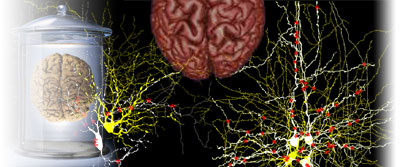

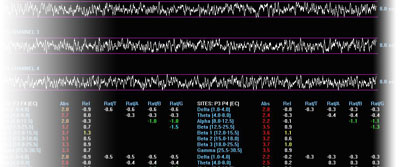
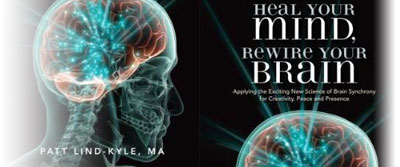
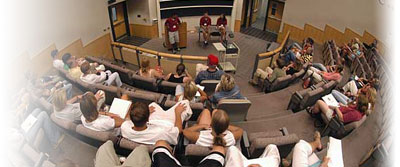
 Thomas Collura
Thomas Collura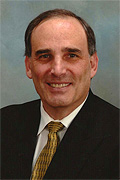 David Cantor
David Cantor Robert (Rusty) Turner
Robert (Rusty) Turner Richard McAlister
Richard McAlister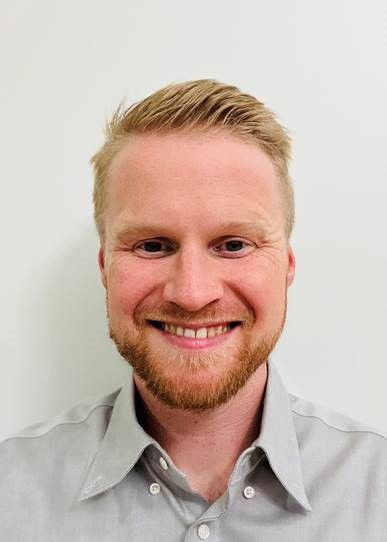 David Ims
David Ims Jeff Reich
Jeff Reich Steve Warner
Steve Warner Thomas Brownback
Thomas Brownback Dolores Gaxiola
Dolores Gaxiola J. Michael Griffin
J. Michael Griffin Donna Creasy
Donna Creasy McGill Scott
McGill Scott Rich Davis
Rich Davis Harry (Bill) Brubaker
Harry (Bill) Brubaker Andre Keizer
Andre Keizer Penijean Gracefire
Penijean Gracefire John Demos
John Demos Mark Smith
Mark Smith Dick Genardi
Dick Genardi Jeff Tarrant
Jeff Tarrant Adrian Roel
Adrian Roel Thomas Feiner
Thomas Feiner Joseph Guan -Tech
Joseph Guan -Tech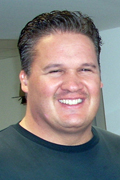 Bill Mrklas
Bill Mrklas Christen Stahl
Christen Stahl Giuseppe Chiarenza
Giuseppe Chiarenza Yvonne Tate
Yvonne Tate Lisa Black
Lisa Black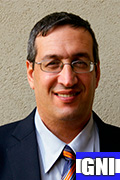 Doron Todder
Doron Todder Dayna Nevar
Dayna Nevar Becky Bassham
Becky Bassham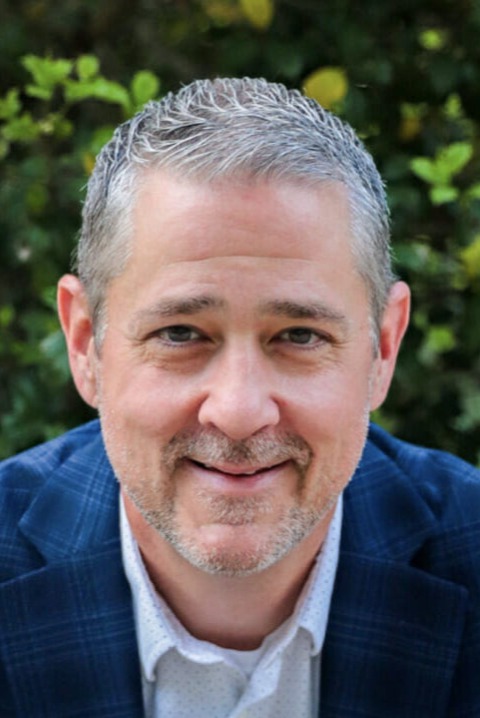 Michael Trayford
Michael Trayford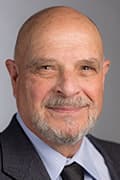 Ron Bonstetter
Ron Bonstetter
